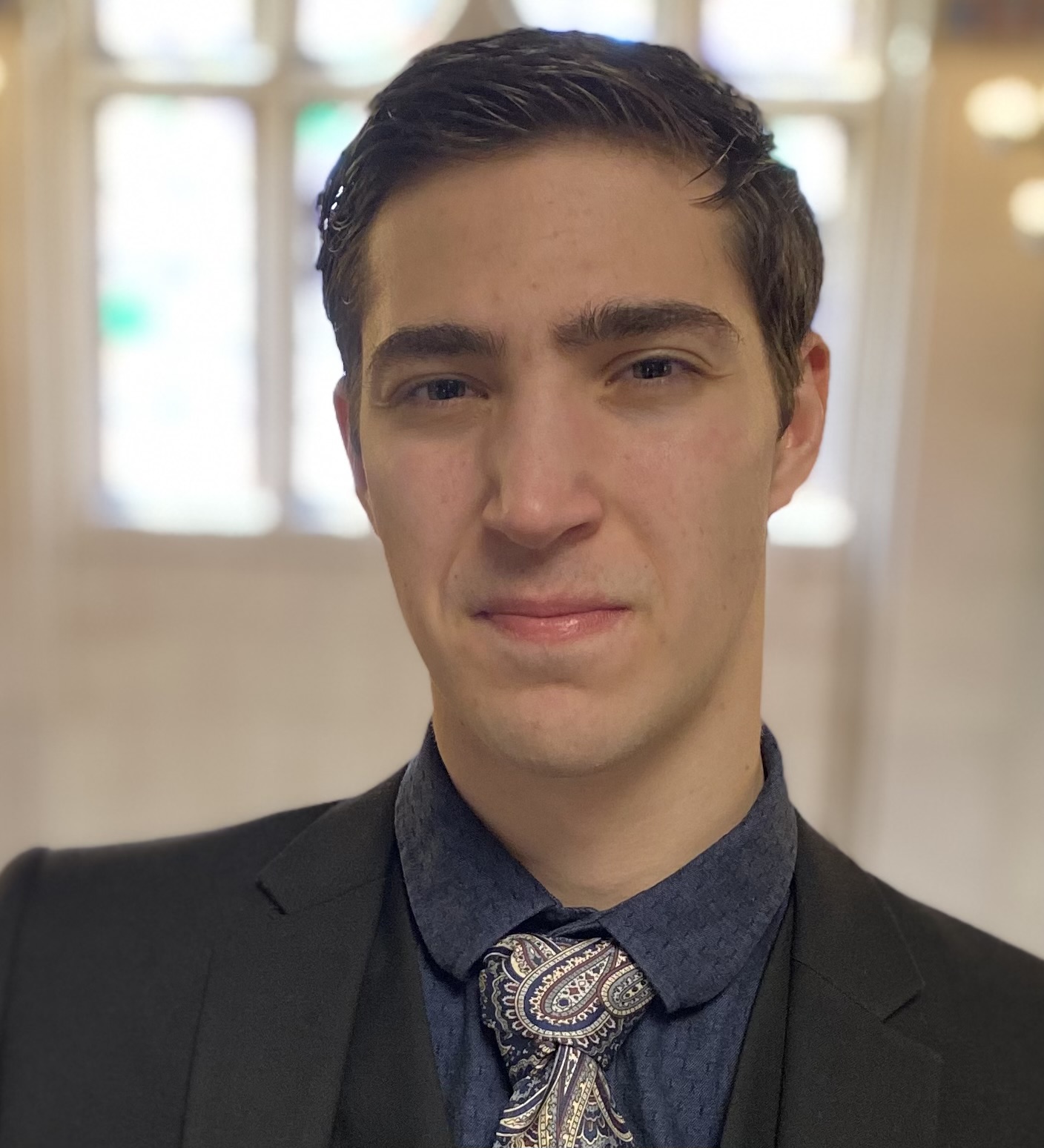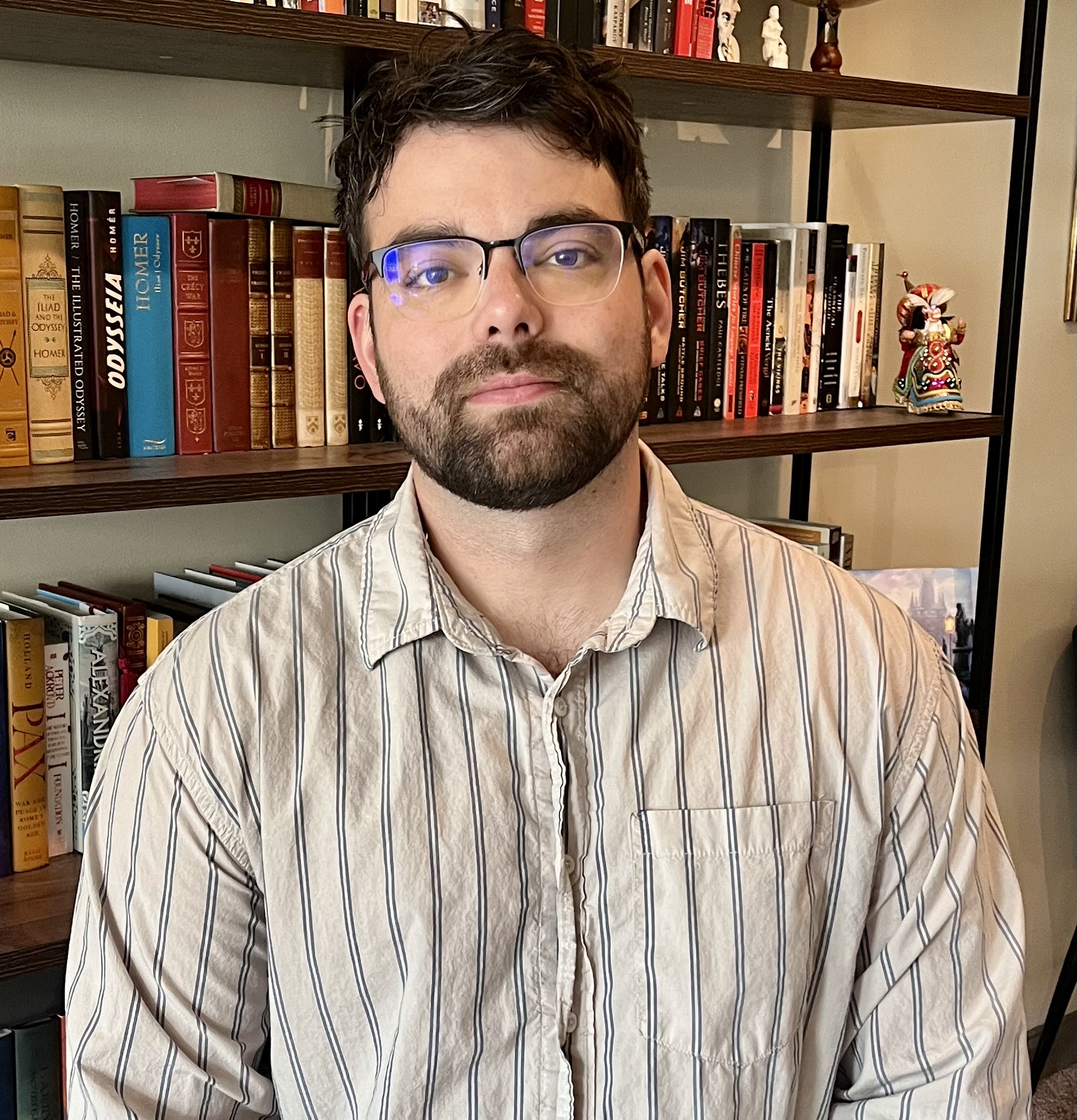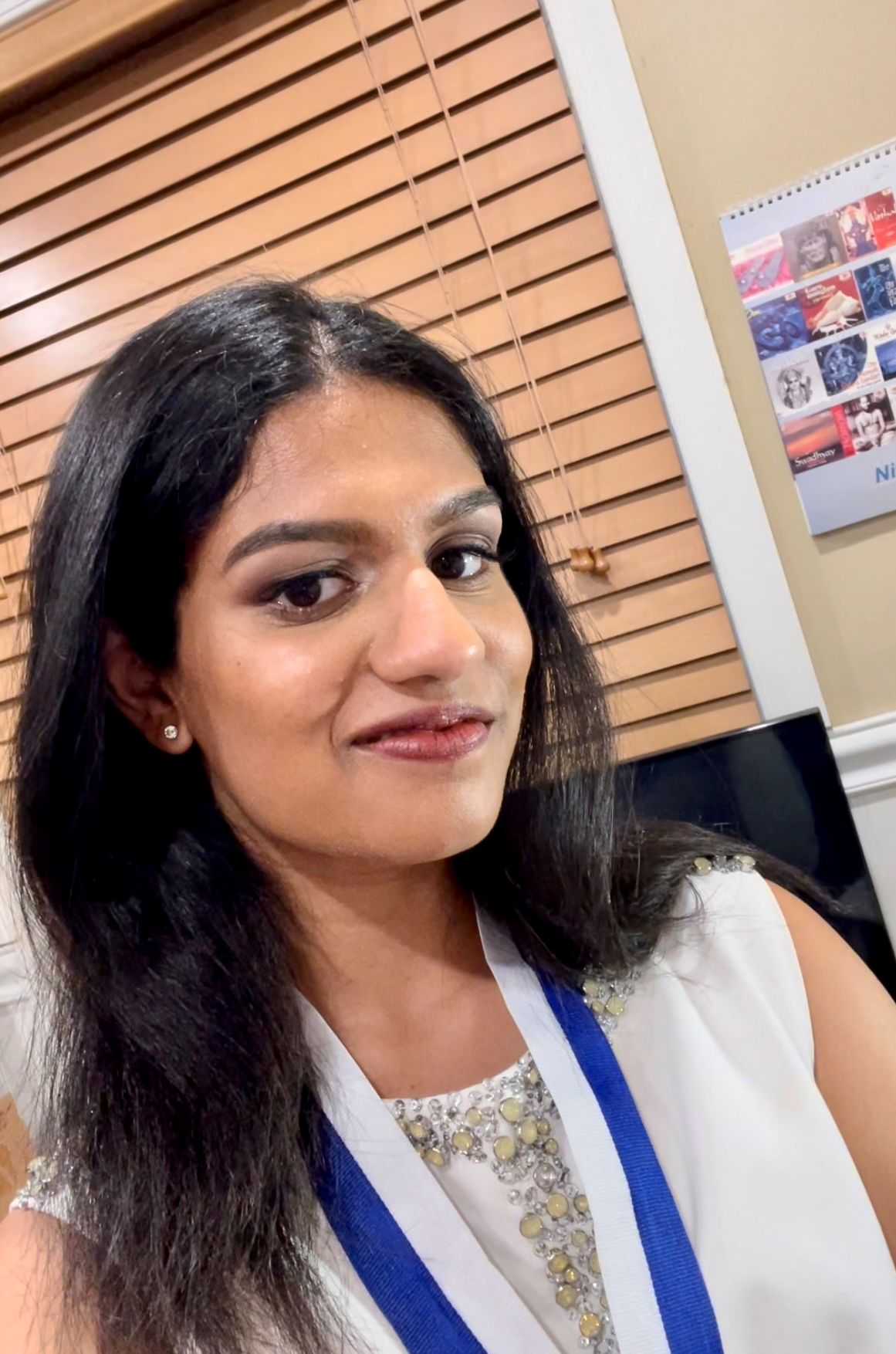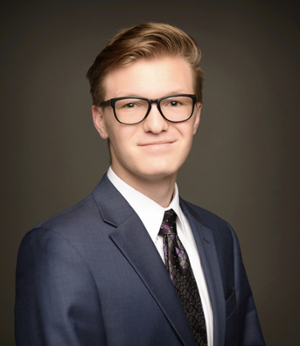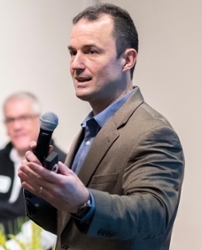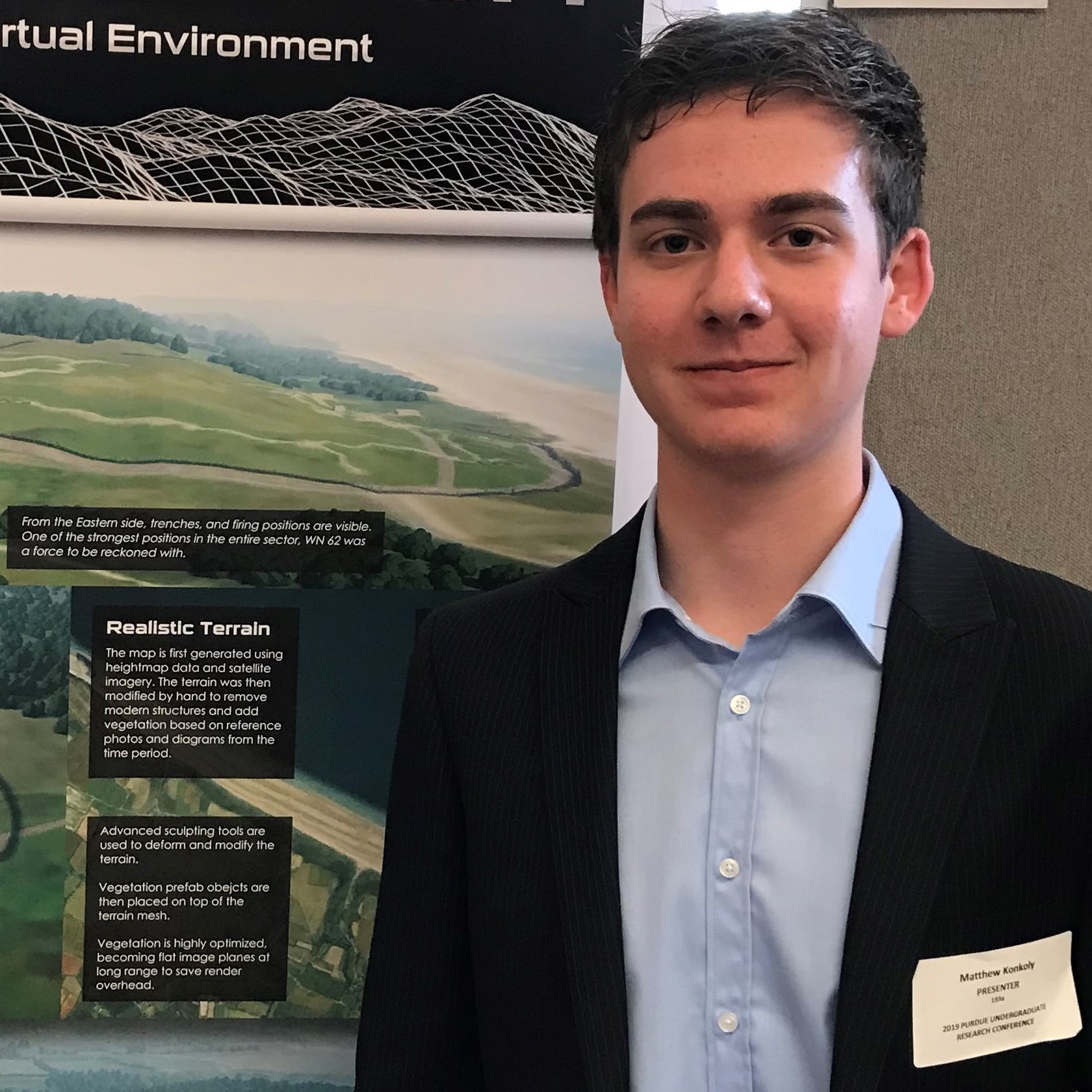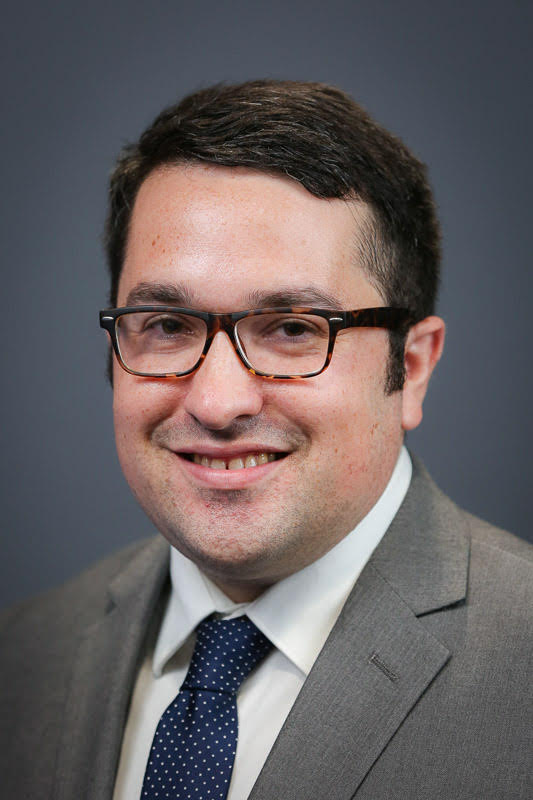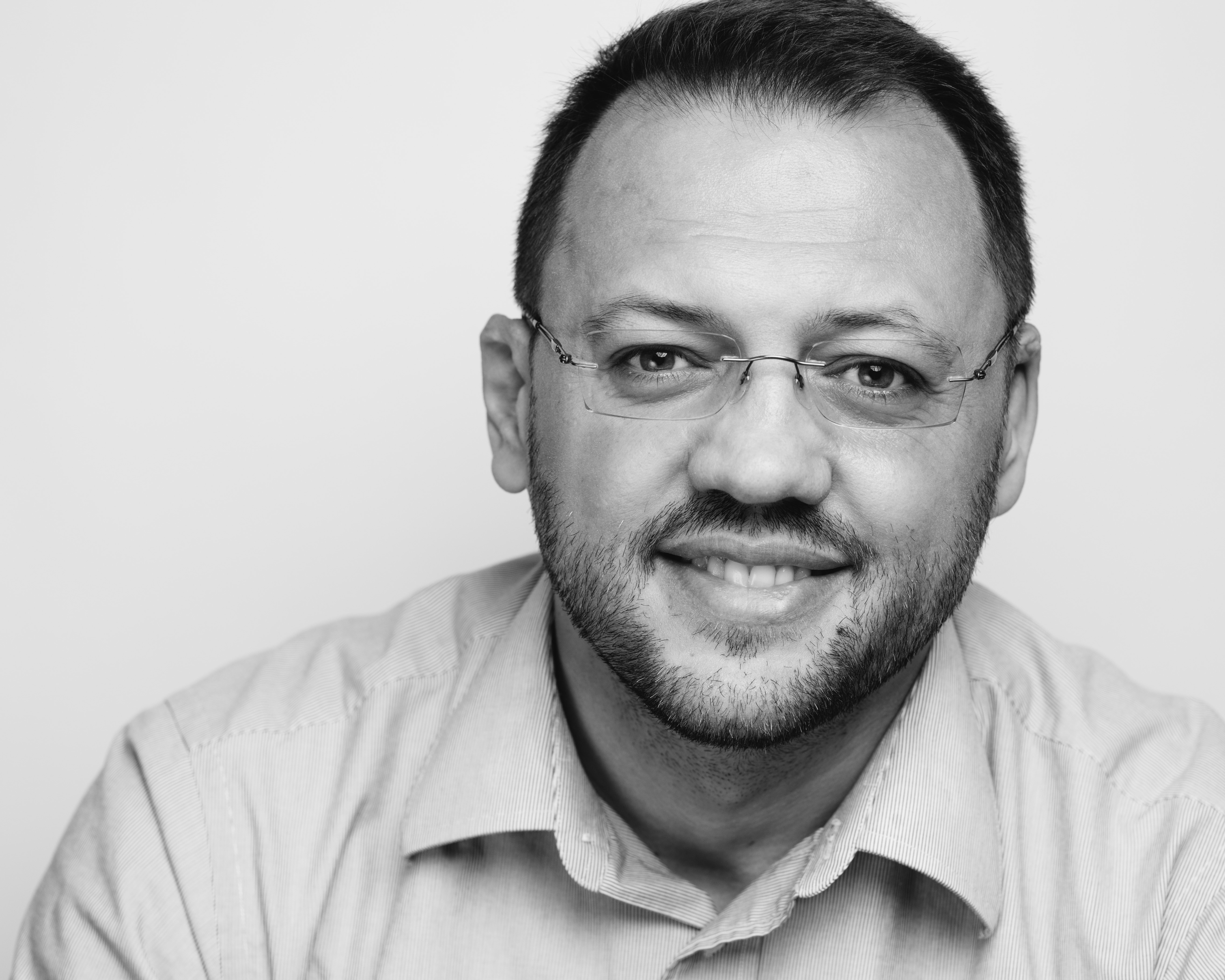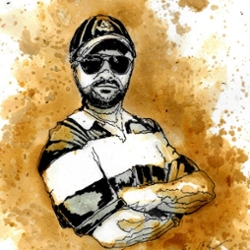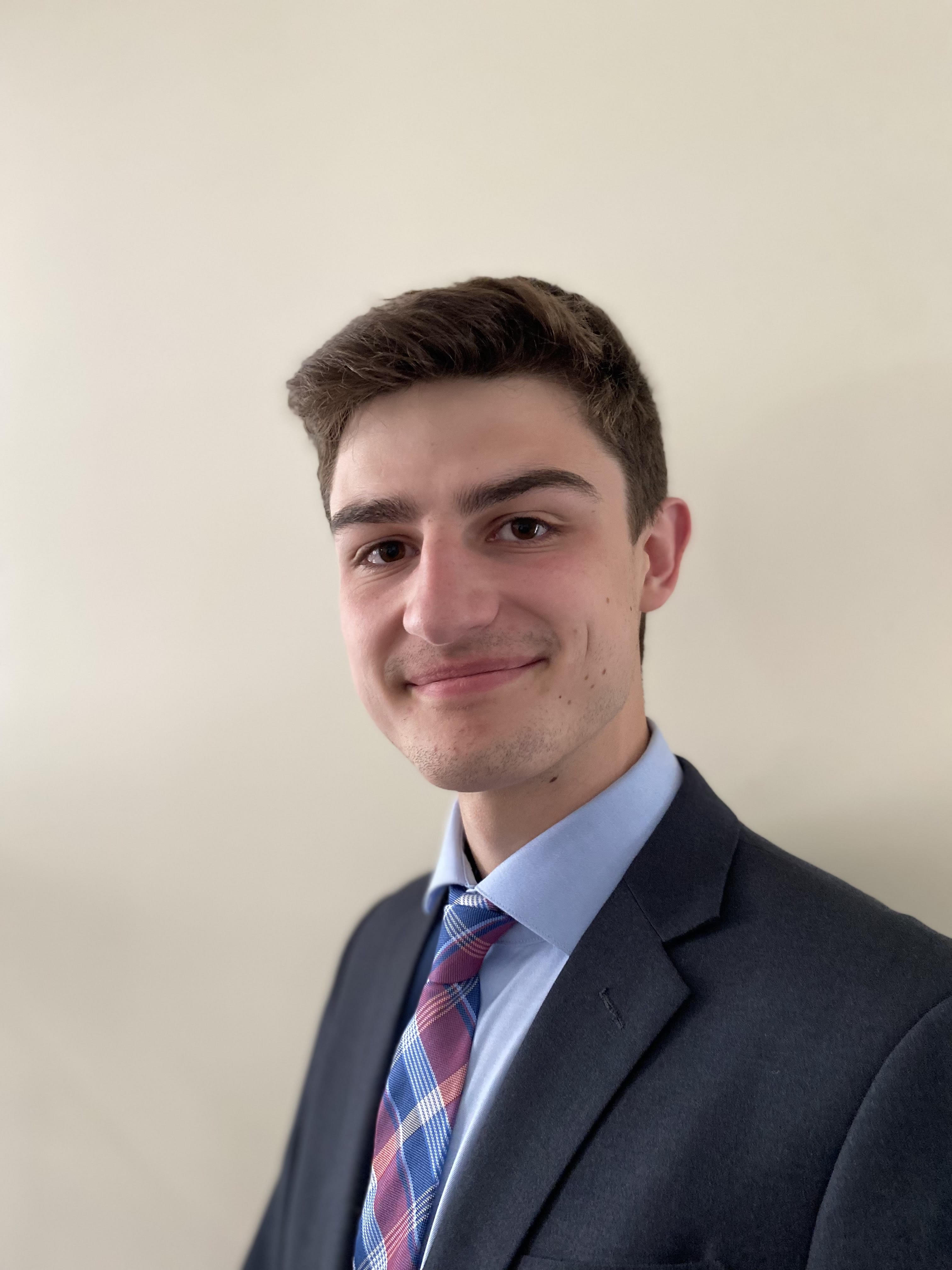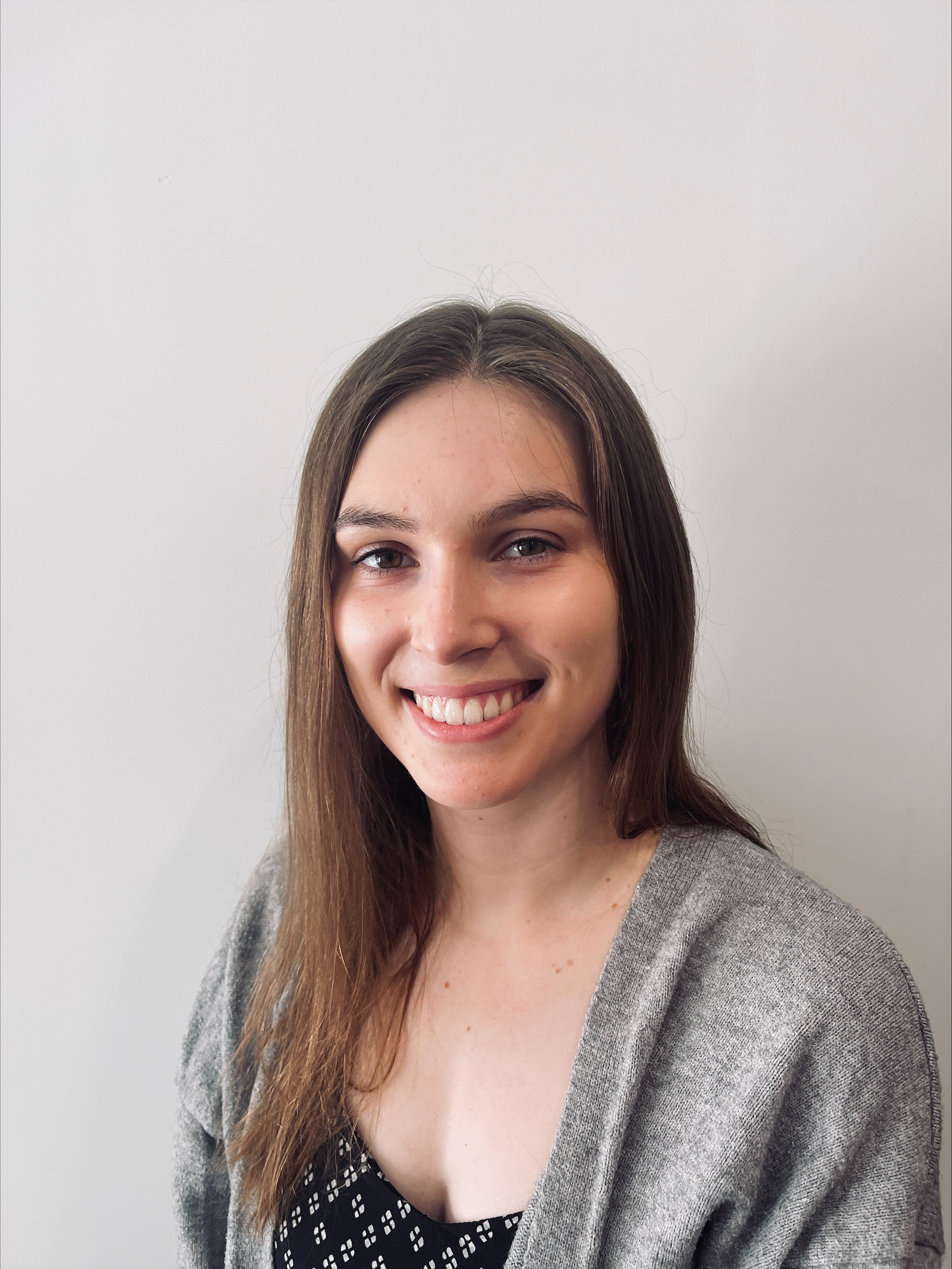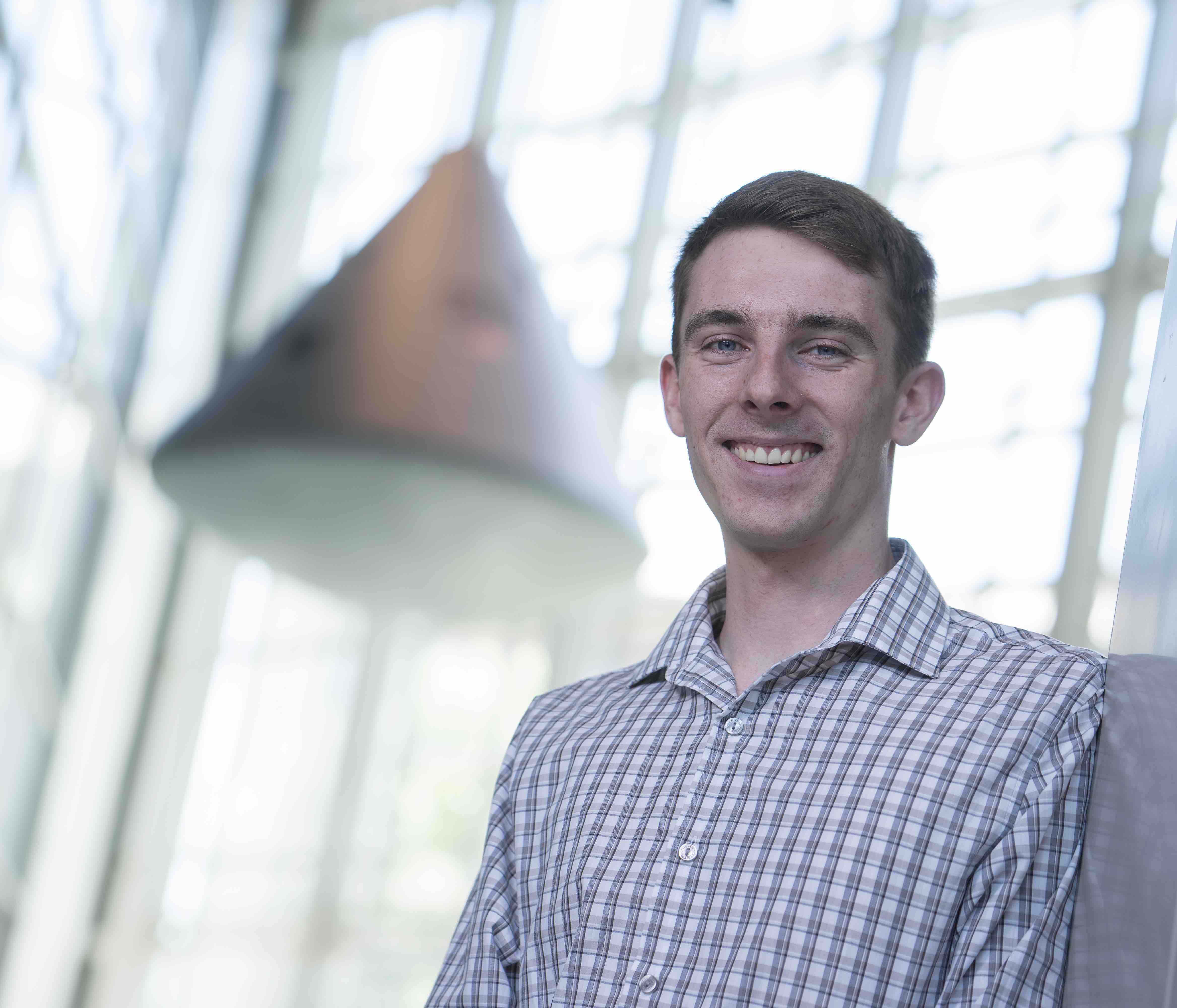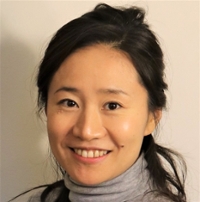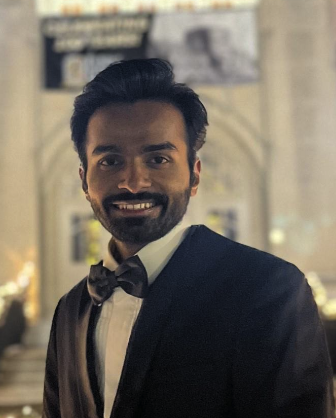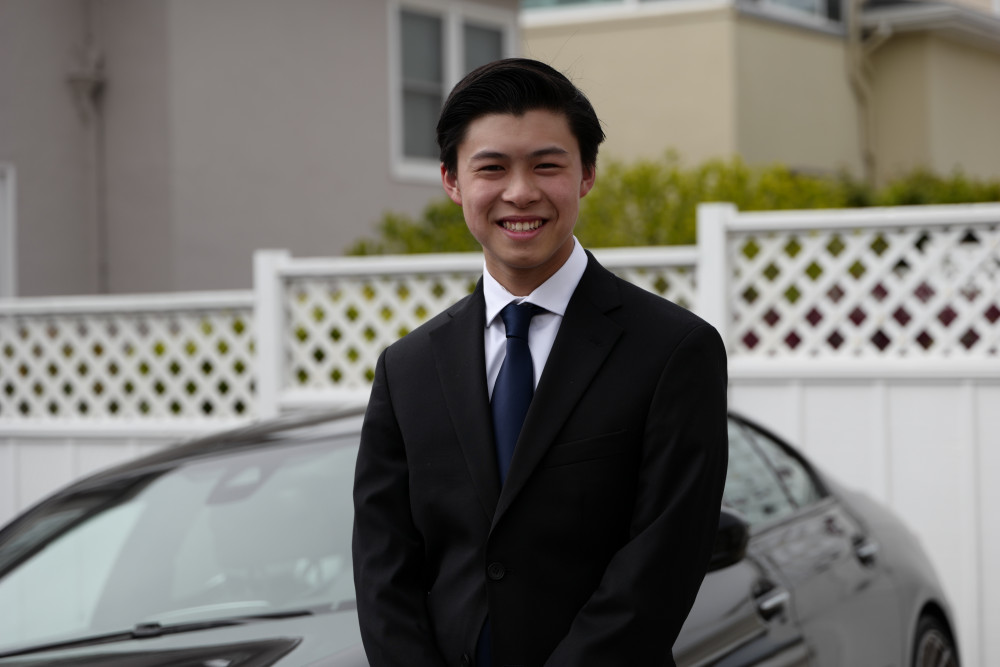Jacob Culp
Jacob Culp is a junior at Purdue pursuing dual bachelor’s degrees in Asian Studies (Mandarin focus) and Anthropology, with a minor in Economics. He served as a non-commissioned officer in the US Army in roles which included personal security officer, reconnaissance team leader, and sniper. Currently, he is conducting a comparative rhetoric analysis of Chinese government publications in English and Chinese and examining Chinese policies in the South China Sea. He is interested in studying how culture, economics, and government policies affect geopolitics as well as how arms agreements shape international relations. In his free time, Jacob enjoys reading, scuba diving, and strategy games.

